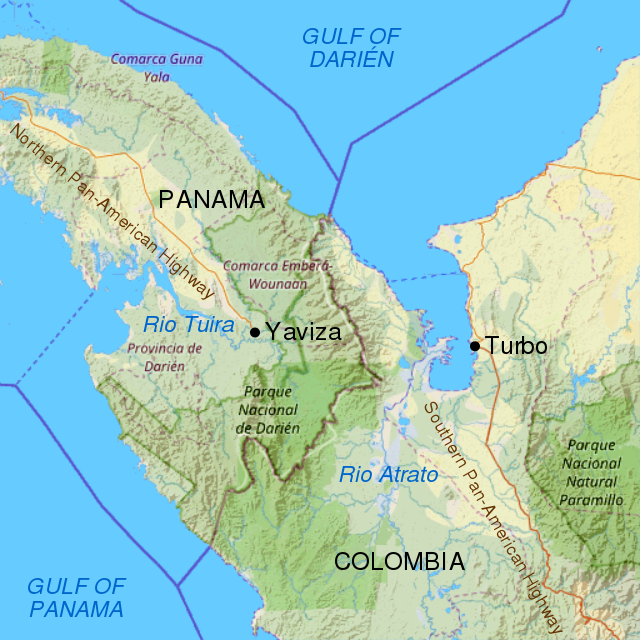Panama has entered into an agreement with the United States to address the ongoing migration crisis through the Darién Gap, a treacherous jungle passage on the border with Colombia. The deal, announced on Monday, outlines that the U.S. will bear the costs of repatriating migrants who enter Panama illegally. This agreement coincides with the inauguration of Panama's new president, José Raúl Mulino, who has committed to closing the Darién Gap route to curb illegal immigration.
In his inaugural address, President Mulino highlighted the severe humanitarian and environmental impact of the migration crisis. "We cannot continue financing the economic and social costs that massive illegal immigration generates for the country, along with the consequent connection of international criminal organisations," Mulino asserted. Shortly after his speech, Panama's new foreign minister signed a memorandum of understanding with U.S. Homeland Security Secretary Alejandro Mayorkas, formalizing the agreement.
The deal is designed to reduce the number of migrants smuggled through the Darién Gap, a perilous journey that has claimed numerous lives and facilitated the operations of criminal networks. According to a White House National Security Council spokesperson, this initiative aims to deter irregular migration and dismantle smuggling networks that exploit vulnerable migrants.
Under the agreement, U.S. Homeland Security teams will assist Panama in enhancing its capability to identify and repatriate migrants in accordance with Panamanian immigration laws. The U.S. will fund charter flights and commercial tickets to send these migrants back to their home countries. This collaborative effort is expected to bolster Panama's existing, yet limited, repatriation program.
The Darién Gap has become a critical juncture for migrants from various countries, including Venezuela, Ecuador, Colombia, and China, who are attempting to reach the United States. Last year, over half a million people traversed this dangerous corridor, with more than 190,000 crossings recorded so far in 2024.
President Mulino's stance on migration is firm. During his inauguration, he vowed, "I won't allow Panama to be an open path for thousands of people who enter our country illegally, supported by an international organization related to drug trafficking and human trafficking." This agreement with the U.S. is a significant step towards fulfilling this pledge.
The Biden administration, under pressure to demonstrate effective border security and immigration control, views this agreement as a critical component of its strategy. The administration has faced criticism from former President Donald Trump, who has made immigration a central issue in his campaign. Trump has accused Biden of failing to manage the border crisis effectively.
Data released on Monday showed that undocumented crossings at the U.S. southern border had fallen to a three-year low, a notable achievement for the Biden administration following a controversial executive order limiting immigration in June. Homeland Security officials attribute this decline to the new measures, which include cutting off access to asylum when arrivals reach a certain threshold.
The agreement also aligns with broader U.S. efforts to manage immigration flows. Recently, the Biden administration moved to allow certain U.S. citizens' spouses without legal status to apply for permanent residency and eventually citizenship without leaving the country, potentially affecting up to half a million immigrants.
Panama's decision to cooperate with the U.S. reflects a regional approach to addressing migration challenges. Homeland Security Secretary Mayorkas emphasized, "Irregular migration is a regional challenge that requires a regional response." The success of this partnership will depend on its implementation and the ability of both nations to manage the complexities of migration and border security.






